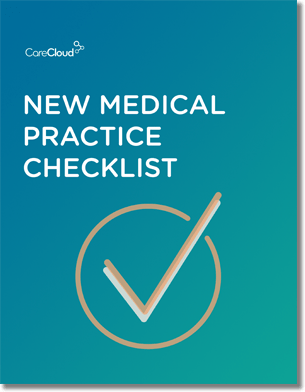Nothing brings a community together quite like a winning sports team. The bars are filled every game night, the water-cooler talk is dominated by statistics and the bandwagoners descend upon the local Sports Authority in droves to buy the jersey of their newest favorite player.
The funny thing is, the success of a sports team doesn’t lie solely in the hands of the freakish athletes who run like gazelles and can seemingly jump over buildings. Oftentimes, a team’s fate is determined by the behind-the-scenes physicians, who don’t receive any credit from the casual sports fan.
See, even the greatest athletes on earth don’t do their teams any good when sidelined because of an injury or illness. Team owners know this, so they assemble the best medical staffs money can buy.
Medical staffs typically consist of physicians from a broad array of specialties such as orthopedics, neurology, cardiology and podiatry.
They are charged with three primary tasks: preventing injuries, returning athletes to top health as quickly as possible when injuries do occur and preventing teams from acquiring athletes who won’t be able to perform due to past injuries.
When a medical staff fails at these tasks, the losses can pile up quickly, putting sports medical staffs under immense pressure. An underperforming medical staff is prone to get the axe much like an underperforming player.
Just take a look at the Boston Red Sox. Their past three seasons have gone by without a post-season appearance, in no small part due to injury.
In 2010, injuries cost Red Sox players 1,018 possible game appearances. The number dropped a bit to 803 games in 2011 and spiked back up to 1,495 games last year.
Fed up with the injuries and subsequent losses, Red Sox general manager Ben Cherington decided the medical staff needed to be revamped, cutting ties with some staff physicians. He admitted that some of the injuries couldn’t be avoided, but suggested that players wouldn’t have lost as much time with better treatment.
In a baseball-crazed city like Boston, the Red Sox medical staff costing the team a playoff spot is simply unacceptable.
On the other side of the spectrum is when a great medical staff boosts their team’s chance of success by turning injury-prone players into consistently healthy contributors. A great example of this is the medical staff of the NBA’s Phoenix Suns.
This group of physicians and trainers are viewed as miracle workers in NBA circles. They actively take on talented, injury-prone players and give them a chance to make an impact on the court. Some of their greatest successes include:
- Hobbled superstar Shaquille O’Neal, who saw his average drop to 14 points per game with the Miami Heat. The Sun’s medical staff nursed him to health, as he was able to rediscover his form and boost his average to almost 18 PPG, returning that year to the All-Star game.
- Former-star Grant Hill averaged 48 missed games per season out of a possible 82 in six years with the Orlando Magic. With the Suns, he missed only 10 games per year and was a key player in their 2010 Western Conference Finals appearance.
- Two-time MVP Steve Nash was able to stay healthy and play at an All-Star level well into his late 30s with the Suns. This season, though, he’s seen his play fall off and his injuries skyrocket with the Los Angeles Lakers.
Looking at the entire team, according to BrewHoop, the Phoenix Suns averaged the third-fewest games missed due to injury from 2001-2011. Keeping their talented players healthy has helped make the Suns one of the more successful NBA teams of the 2000s.
When looking across sports, it becomes apparent that physicians who compose a team’s medical staff can have as much impact on a winning season as the athletes they treat.
While it’s true that physicians will never appear on SportCenter’s Top 10 or get stethoscopes retired in the rafters, fans should recognize the performance of the physicians on their team’s medical staff as a key determinant of wins and losses.
Have you ever thought about how your team’s medical staff had an impact on their season?
The material and information contained on this website is for general information purposes only. You should not solely rely upon the material or information on the website as a basis for making any business, legal, medical, or any other decisions. While we endeavor to keep all information up-to-date and correct, all information in this site is provided "as is," and CareCloud Corporation and MTBC Inc. make no representations or warranties of any kind, express or implied, about the completeness, accuracy, reliability, suitability, or availability with respect to the information contained on the website for any purpose. Any reliance you place on such material is therefore strictly at your own risk.

Do you know what you need when setting up a new medical practice?


